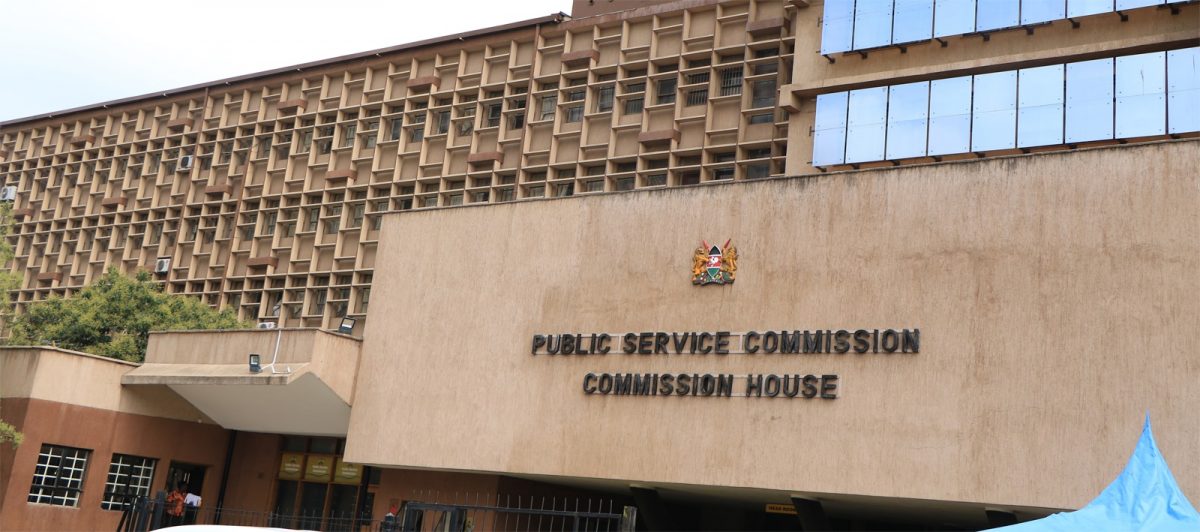Public servants should stop display of opulence
By PD columnist, January 6, 2023The display of ostentatious living in Kenya by a few privileged people, most of them in political leadership positions, is simply offensive to the senses of most average citizens.
This is particularly so by public servants whose income is supposed to be public knowledge. By most measures, the Kenyan economy had its best years under president Mwai Kibaki. That measure of success has not been repeated. Successive regimes have either struggled to replicate it or claimed that they are doing just that, but the feel on the street is different and figures tend to agree.
Start with the confirmation hearings for those appointed to serve in public offices. Their collective net worth ran into several billions by some accounts. Such wealthy people! This, in a country of majority “hustlers”.
It is extra ordinary that public servants are often displaying amazing economic successes under these difficult times making one wonder whether the country operates two economic models that work differently for different segments of the population. Those making it have no qualms displaying their successes.
Take for example the picture of a public servant displaying a house said to have cost multiple hundreds of millions of shillings to put up. On the other is yet a public servant traveling first class in a commercial airline to one function or the other. Yet other pictures show hordes of Kenyan officials in Qatar watching the world cup – the pastime of the privileged.
That is not all. The size of the Kenyan delegations traveling to international parleys is simply at another level. One of the first agenda items of the new administration after they took over in August was to lead the delegation of the country to the youth conference in Kigali, Rwanda. It was a plane load of public officials and those with appropriate connections.
The Kenyan delegation to the Environmental conservation conference, COP 27, in Egypt was one of the largest in the world, only dwarfed by delegations of other sister African nations, with equally struggling economies and with little economic accountability records. Most of our public officials have used the public purse to travel. It is an offensive display of wealth that in most democracies will not be tolerated for the simple reason that the public expects accountability from public servants. It is always an open question. How many of our citizens would pass the test if they were to be subjected to a fair and open audit on the sources of their wealth? The wealthy people drawn from other parts of the world generally attribute the accumulation of their resources to their manipulation of capital to their advantage. In one European country after another, a public official is required by law to demonstrate that their choice of public expenditure should be the cheapest available. A public official cannot travel by taxi when public transport is an option, would not receive sitting allowance while at the same time drawing a salary, cannot draw an allowance for meals – generally, cannot use public resource to meet what may be considered private or luxury comforts. These northern hemisphere countries are comparatively rich in resource. Contrast that with our case, and that of many of the developing countries. Of the 50 million Kenyans just under three million are in the formal job sector. Of those in the formal job sector only 15 per cent earn more than Sh100,000 per month.
In one year, this staff makes about Sh 1.2 million before the taxman descends on him meaning that she takes home far less than a million shillings a year. How are these taxpayers to view a public official who puts up a house running into hundreds of millions, or buys a ticket worth his annual salary in order to travel in comfort?
Public service should come with some level of modesty, humility, and less ostentatiousness. Arriving at a public meeting, for example, with a horde of bodyguards, a long line of vehicles, and pure display of power demonstrate little sensitivity to the multitude of Kenyans who live from hand to mouth. Those privileged to serve the public should be modest in their display of their lifestyle.
— The writer is the Dean, School of Communication, Daystar University
More Articles

